Our reviewers evaluate career opinion pieces independently. Learn how we stay transparent, our methodology, and tell us about anything we missed.

Technical writing spans various industries, each with its unique demands and requirements. Understanding the different types of technical writing enhances one’s ability to communicate complex information, whether crafting user manuals, developing product documentation, or preparing technical reports.
Discover how each type functions and why mastering them elevates your technical communication skills.
If you’re interested in learning via video, then watch the video below. Otherwise, skip ahead.
From detail-oriented technical reports to extensively researched white papers, examples of technical writing span dozens of industries and operations.
Here are the five most prevalent forms of technical writing you can adopt as a career.
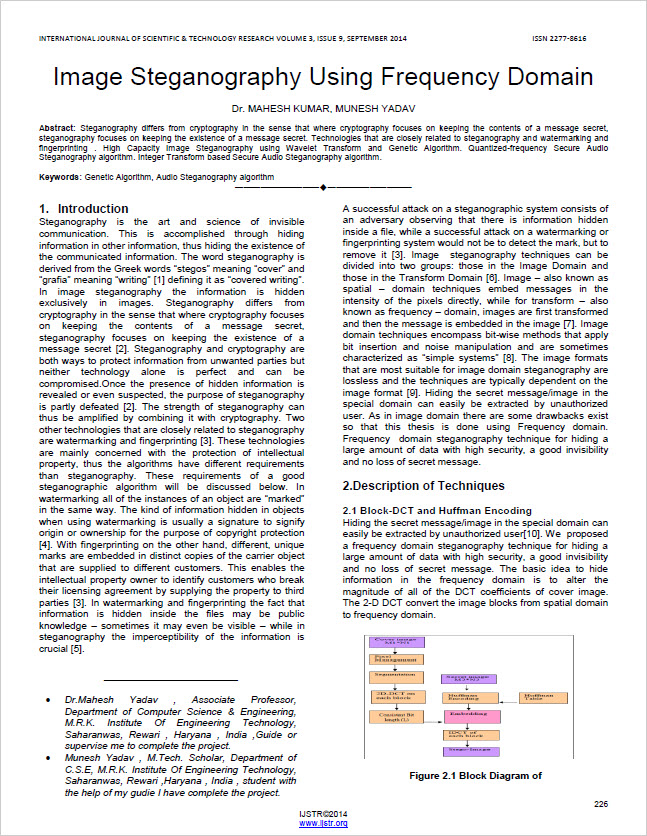
Technical writing within the medical and science realm comes under the traditional technical writing umbrella.
This is the first example of modifying technical information to make it understandable for a specific audience.
Researchers use this academic to interpret their findings, organize and condense them into engaging content, and publish it in various journals, newsletters, and online platforms.
The skill requirements for medico-scientific papers include:
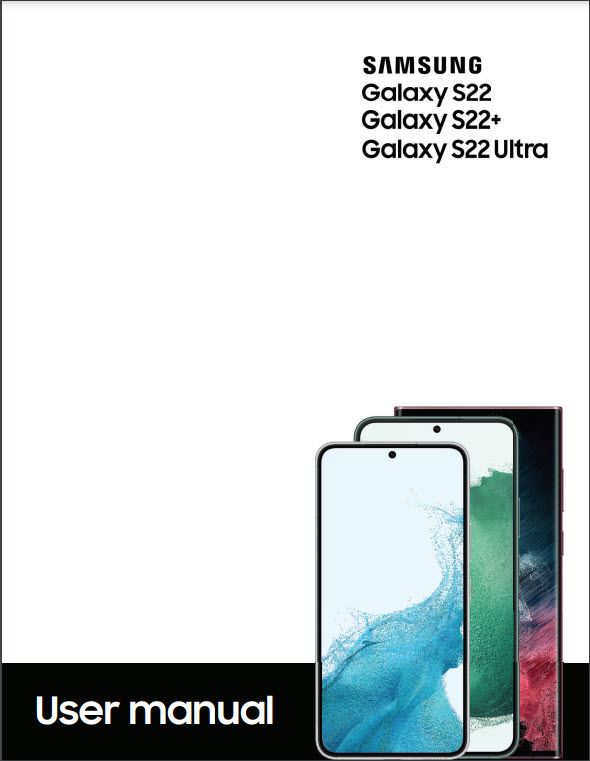
User guides are a common form of technical writing that even non-technical professionals encounter.
This type looks to answer specific usage-related questions for consumer products and improve everyone’s end-user experience.
User help guides break down the product into its constituent parts, explain how each part functions, and answer questions about each piece’s solutions. Furthermore, they involve answering queries as consumers use the product for an extended period.
Check out our Technical Writing Certification Course if you’re interested in technical writing for user guides and other technical documentation.

Standard skill requirements for the technical writing of user guides include:
Product or repair manual writers can find jobs with various employers, from copywriting firms to production companies. However, technical writing is a somewhat limited field, so look for an employer that offers progressive growth when applying for a job in this genre.
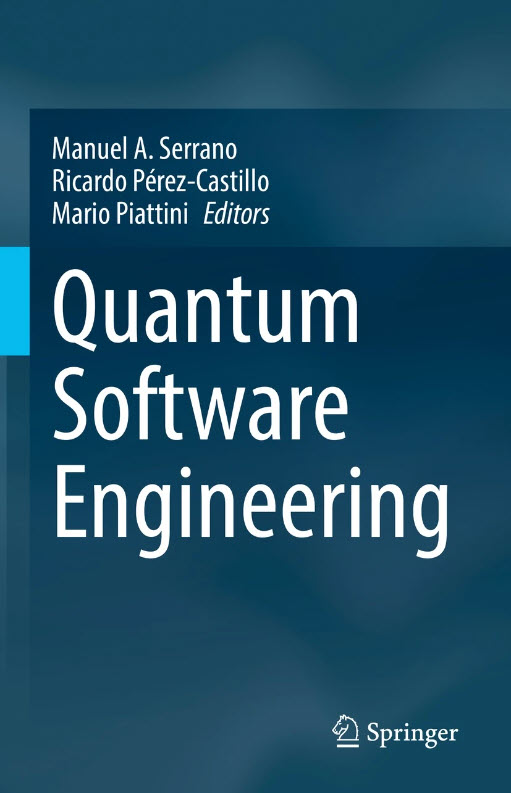
Writing technical books and long-form guides differs from the previous genre due to the length of the content, its conceptual nature, and the amount of detail they go into.
This type of writing extends a simple user guide. It talks about the intentions and purpose behind the product (usually software products).
Interestingly, even though they are more detailed, technical books must be written so any user can comprehend them.
The skill requirements for writing this form of technical documentation include:
These books can also serve as troubleshooting guides for software programs. In this role, they have to account for all the possible problems the program could encounter and explain solutions for each one.
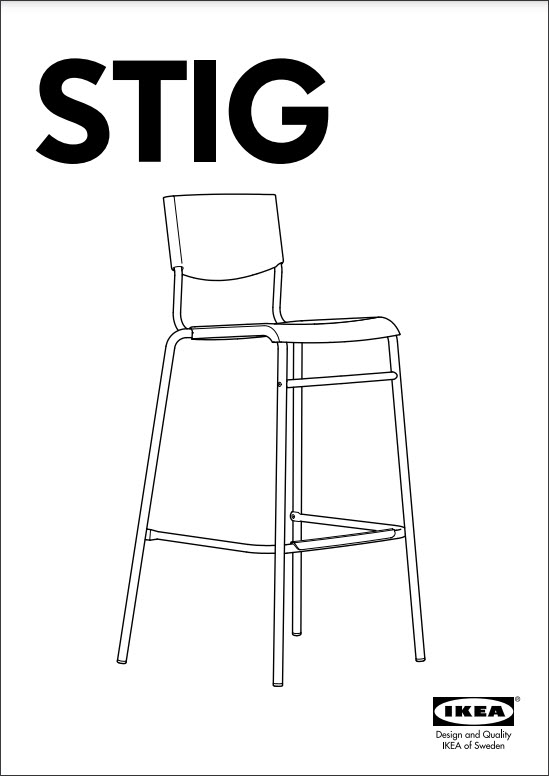
Assembly and repair manuals are another niche form of technical writing.
This is due to the technical skills required to understand the disassembly and re-assembly process of a specific machine or piece of equipment. Most general repair guides contain assembly manuals for various types of machinery.
Assembly guides are different from any other form of technical communication because most (if not all) companies require you to be able to perform disassembly.
The skill requirements for assembly manuals and guides include:
While most companies are looking for technicians with writing skills, some accept career writers who are willing to learn about processes.
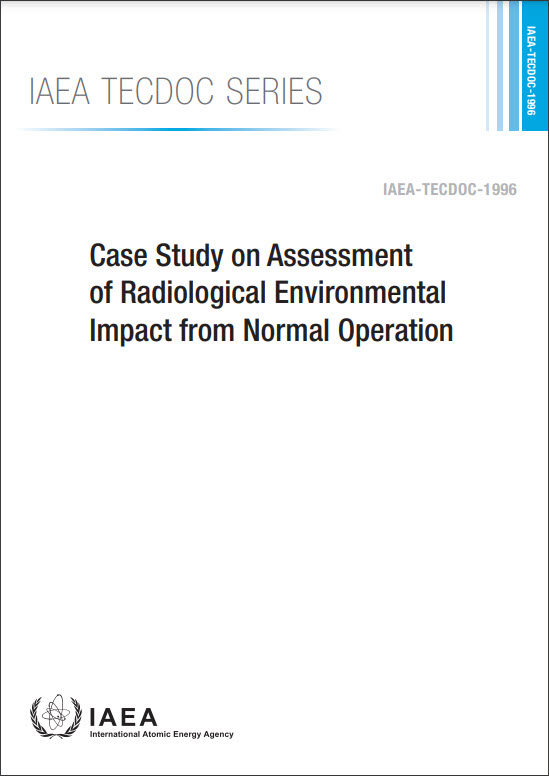
Corporate content development contains reviews and reports for stakeholder meetings, proposals, and business pitches.
It’s another versatile form that mixes academic reporting and technical research-based guides. Reports are technical documents that explain the process and outcome of any research, be it scientific or business-centric.
Technical reports take several forms, such as feasibility reports, primary research reports, business plans and prospectuses, short-form proposals, press releases, and case studies.
The skill requirements for assembly technical documents, reviews, and reports include:
Technical reports are essential parts of corporate operations. This makes the job quite well-paying in most cases.
Regarding academic skills such as writing and linguistics, there is no substitute for an education that supports the skills.
The same is mostly true for technical writing, with the only caveat being that you also need to be knowledgeable in the actual technical processes.
But education and technical knowledge won’t bring you career success as a technical writer in 2026. You need a few more skill pointers to become a great technical writer:
These technical writing skills will help you succeed in your career. Additionally, make sure that this type of content appeals to you as a technical writer and that you’re willing to explore the various sides of it throughout your career.
According to the BLS, most technical writers make over six figures a year. When technical writers take home these figures, it makes it one of the best-paying jobs in the professional field of writing and media. Technical writers are desperately needed to make communications clear, and technical writers can involve themselves in many demands to create a technical document or technical documentation.
To ensure that you excel in your career, find out where your technical marketing communication strengths lie and what technical documentation skills companies value, and apply for jobs accordingly.
Here are the most frequently asked questions about technical writing.
Technical writing is a specialized form of communication that focuses on creating clear, concise, and accurate documentation for complex topics. In the context of software development, technical writing involves creating various types of documents, such as technical manuals and technical specifications. These documents are crucial for developers, end-users, and stakeholders as they provide essential information about software functionality, features, and usage. Effective technical writing ensures that all parties involved have a comprehensive understanding of the software and its capabilities, which can facilitate smoother development processes and user interactions.
Creating technical documentation for a new software product requires a systematic approach. Start by gathering detailed information about the software from the development team, including its features, functionalities, and architecture. Use this information to draft technical manuals and specifications that outline how the software works and how it should be used. Ensure the documentation is structured logically, with clear headings and subheadings, and include diagrams or screenshots if necessary to enhance understanding. Additionally, it’s essential to write in a style accessible to your target audience, whether they are developers, users, or other stakeholders.
Technical manuals play a crucial role in business or sales proposals by providing detailed information about the technical aspects of a product or service. When included in a proposal, these manuals can help potential clients or partners understand the specifications and capabilities of what is being offered. This can be particularly important for complex products or services where technical details are a significant factor in the decision-making process. By presenting well-structured technical manuals, you demonstrate transparency and expertise, which can strengthen your proposal and build confidence with your audience.
Specifications and manuals serve different purposes in the documentation. Technical specifications detail a product or system’s specific technical requirements, features, and performance criteria. They provide a comprehensive list of what the product is expected to achieve and the standards it must meet. In contrast, technical manuals are more comprehensive guides that include instructions for using, operating, and maintaining the product. While specifications outline “what” a product is, technical manuals explain “how” to use it effectively. Both are essential for complete and effective technical documentation but address different product lifecycle aspects.
A technical report can enhance a business or sales proposal by providing in-depth analysis and evidence supporting the proposed solution or product. Including a technical report in your proposal adds credibility and demonstrates a thorough understanding of the technical aspects related to the project. It often includes data, research findings, and detailed explanations that validate the proposed approach or technology. This level of detail can reassure potential clients or partners of the feasibility and effectiveness of the proposed solution, thereby strengthening the overall proposal and increasing its chances of success.
Including a technical report in technical documentation is crucial for providing a detailed and objective account of a project’s technical aspects. A technical report offers a comprehensive analysis of technical data, methodologies, and results, which can be valuable for stakeholders seeking to understand a project’s technical background and outcomes. It helps document the development process, testing procedures, any issues encountered, and their resolutions. This thorough documentation is essential for future reference, troubleshooting, and ensuring that all technical aspects are well-recorded and accessible for review or compliance purposes.
If you are new to technical writing, we recommend taking our Technical Writing Certification Course. You will learn the fundamentals of being a technical writer, how to dominate technical writer interviews, and how to stand out as a technical writing candidate.
Stay up to date with the latest technical writing trends.
Get the weekly newsletter keeping 23,000+ technical writers in the loop.









Get our #1 industry rated weekly technical writing reads newsletter.